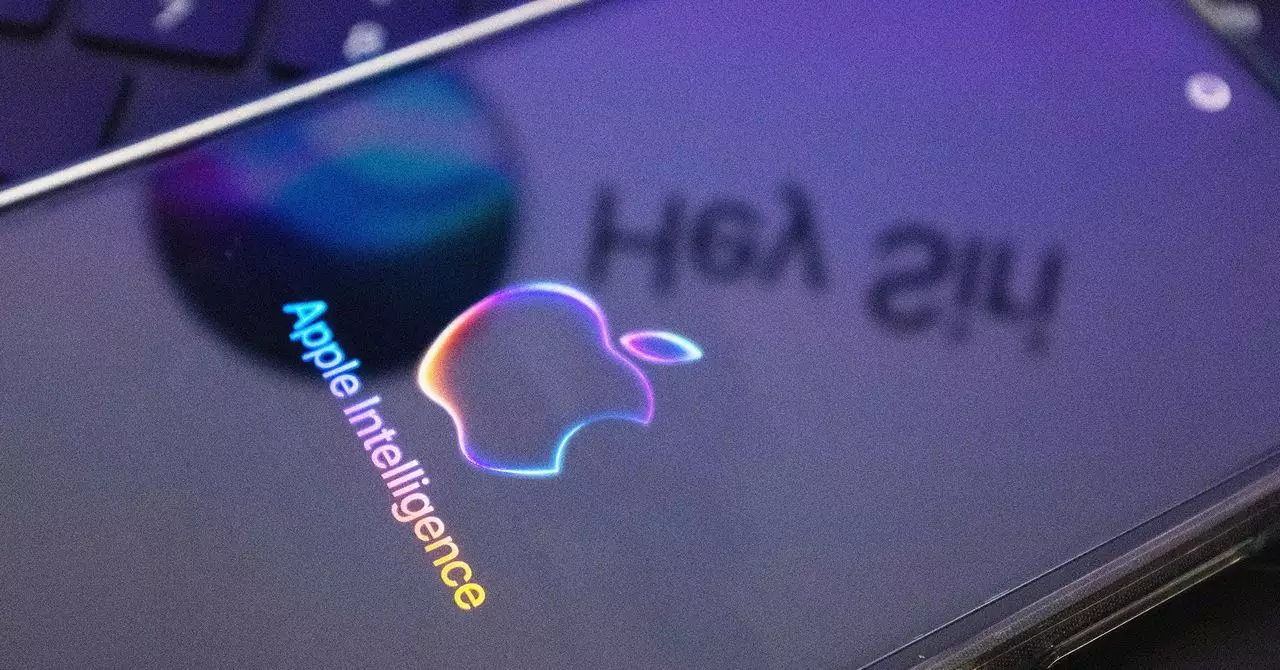In the early days of Siri, Apple, under the visionary leadership of Steve Jobs, was captivated by the potential of this nascent digital assistant. Jobs’ hands-on involvement in the acquisition and development of Siri reflects a period of ambition for Apple, where the idea of a revolutionary AI seemed within reach. Yet, behind the charismatic outside appearance lay cracks in the foundation. According to Tom Gruber, one of Siri’s co-founders, the enthusiasm at Apple was palpable; however, subsequent insights from former Apple executives reveal that the early iterations of Siri were anything but groundbreaking. An illusion of capability masked fundamental limitations that would beset Siri’s evolution.
Richard Williamson, a former Apple executive, went as far as describing the original Siri as “a hot mess,” underscoring the disparity between Apple’s lofty marketing and the stark reality of Siri’s functionality. He highlighted that Siri was not truly utilizing artificial intelligence in the contemporary sense, relying instead on a rudimentary keyword matching system rather than advanced natural language processing (NLP). This lack of depth made interactions clunky, markedly when users sought more complex answers or insights. The applause for Siri’s innovation quickly faded as many users encountered its significant limitations, making them question whether Apple’s promises were more about marketing than reality.
The Sluggish Evolution of Siri
Fast forward to today, and the question remains: why does Siri still lag behind its competitors, even as artificial intelligence technology matures exponentially? In the realm of digital assistants, Alexa and Google Assistant have advanced by leaps and bounds, offering functionalities that often leave Siri looking outdated. Apple’s approach to AI, steeped in the narrative of privacy and user data protection, may provide an ethical façade but has tangible consequences on performance and user experience.
However appealing the privacy-first mantra is, it inevitably places Apple in a precarious position when juxtaposed against more aggressive AI paradigms that collect vast amounts of user data. Tim Cook and Apple have built a reputation on safeguarding user information, aligning well with consumer wishes amidst increasing concerns over privacy. But this approach may come at the cost of sacrificing the very intelligence and contextual awareness that make digital assistants genuinely useful.
The Paradox of Privacy vs. Performance
The conversation around Siri is also intrinsically tied to broader issues of privacy and performance. There’s a potent argument that this devotion to upholding user privacy has been a double-edged sword for Siri. As former co-founder Gruber suggests, while it’s commendable for Apple to resist the urge to commoditize personal data, the tight bounds placed on Siri’s operational freedom have created friction. Competing systems, which yield to less stringent data policies, learn and adapt from user interactions far more effectively.
A pertinent example lies in the upcoming updates to Siri, which merge on-device processing with the powerful capabilities of OpenAI’s models. Offering permissions to share queries with a more potent backend presents a compromise to users: the choice between convenience and the stringent privacy Apple espouses. With estimates suggesting that Siri’s on-device AI framework operates with around 3 billion parameters—compared to OpenAI’s staggering 1.8 trillion—the architectural limitations become evident. In a realm where performance is king, Apple’s adherence to privacy could be shackling Siri’s potential.
Redefining Success in AI
The juxtaposition of Siri’s limitations against the rapid advancements in AI showcases a vital industry dilemma. The emerging narratives will call for a re-examination of what constitutes success in artificial intelligence. If Siri is to ascend beyond its current status, strategies must evolve from simply safeguarding data to leveraging it intelligently and responsibly.
It’s clear that for Apple to reclaim its narrative as a leader in innovative technology, the conversation must shift from merely protecting user privacy to finding a dynamic balance that allows for intelligent, context-aware performance. The expectation should not merely be trickery in the interface but a defining evolution in how digital assistants understand and respond. As we look to the future, Apple’s commitment to user privacy will need to harmonize with the appetite for AI systems that can truly harness the power of machine learning and natural language processing to enrich user experiences rather than hinder them.

